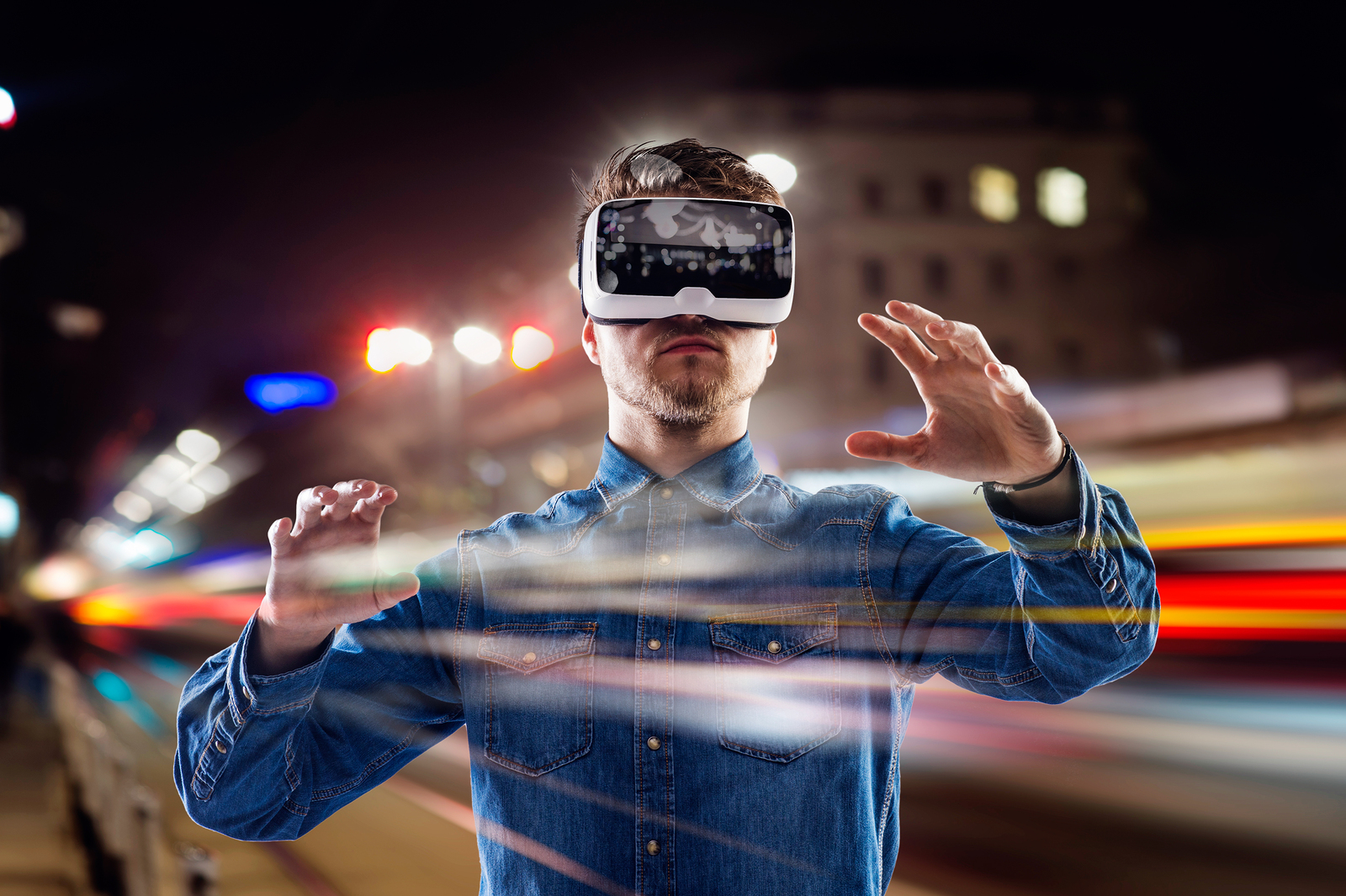However, a few years back, wearable technology was a distant thought but now they are the latest fad in this technology-driven world. Wearable has already entered the mainstream and truly, they are the hottest devices on the planet and anyone can wear them on their wrists, arms and faces and become trendy and chic.
From their name, you can clearly understand they are something related to wear. Wearable technology is basically some advanced and pioneering gadgets that we need to wear, but there are certainly many distinctions. So, you can easily conclude that wearable technology is a typical category of technological devices that can not only be worn by a consumer but also, they can track various health and fitness related information.
These days, markets are inundated with various types of wearables like smart watches, fitness tracker, head mounted display (HMD) and implantables. The smart watches can be tethered with your mobile devices and they will embrace you with notifications of calls, messages, emails and social media sites along with the time. While on the other hand, fitness trackers are like bands or watches which will monitor and keep a count of every step that you make each day. Some fitness bands also provide you with the other health information like your blood pressure count, pulse or heart beat count, sugar level etc.
People have now convinced of the importance of wearables and are switching to various wearable devices. A plethora of statistics has claimed that 20% of American adults already possess a wearable device and the adoption rate is evolving very rapidly. Wearable technology has created a huge buzz in the consumer market and across various industrial domains.
The impact of wearables on the healthcare industry is simply fathomless and it would be an arduous job to explain in a single page the overall importance of wearables in the healthcare domain. Today, the healthcare wearable industry is thriving, and witnessing compound annual growth rates of 25% to 2020. Wearables have become successful in winning the heart of the consumers and now, more than 80 percent of users said that they are getting benefited by wearing the wearables as they are helping them to take a great care of their health more conveniently and effortlessly.
Now people are more conscious about their health and fitness and are taking some revolutionary steps so that they can lead a healthy and wholesome life. Fitness bands are the smartest wearables which can track every detail of a person’s fitness so that they can reach their fitness goals easily. Moreover, fitness bands allow people to check their health at any time anywhere and hence, with these bands, they don’t need to visit the hospitals frequently for their regular health check-ups. Fitness bands also notify you how much you have been active throughout the day. Not only this, they will also calculate your calorie consumption, calorie burn and also monitor how much sleep you will get every night.
Food allergies are the burning concern for the people in the healthcare industry. The doctors and medical researchers need more data to disinter the actual reason of food allergy. But you must be astonished to know that there are many wearables which are sensitive and smart enough to detect the number of offending allergens in your food and the air. Allergy amulet is a necklace, bracelet or device which can effectively detect food allergy. Moreover, it also welcomes the consumers with some additional information like what type of food they need to avoid or discard.
TZOA is an advanced and a prominent Enviro-Tracker which measures the air quality, temperature, humidity, atmospheric pressure, ambient light and sun exposure.
Though wearables very potential but they also have some downsides. According to a survey report, 33% of the consumers who purchased wearable devices more than a year ago, now say no to these devices or use them rarely. The price, privacy, security, and inconsistent information from such devices are the prime apprehensions among the users. In fact, 82 percent of consumers are that wearables can invade their privacy and 86 percent people expressed concern that the wearables would make their life more vulnerable or susceptible to security breaches.


